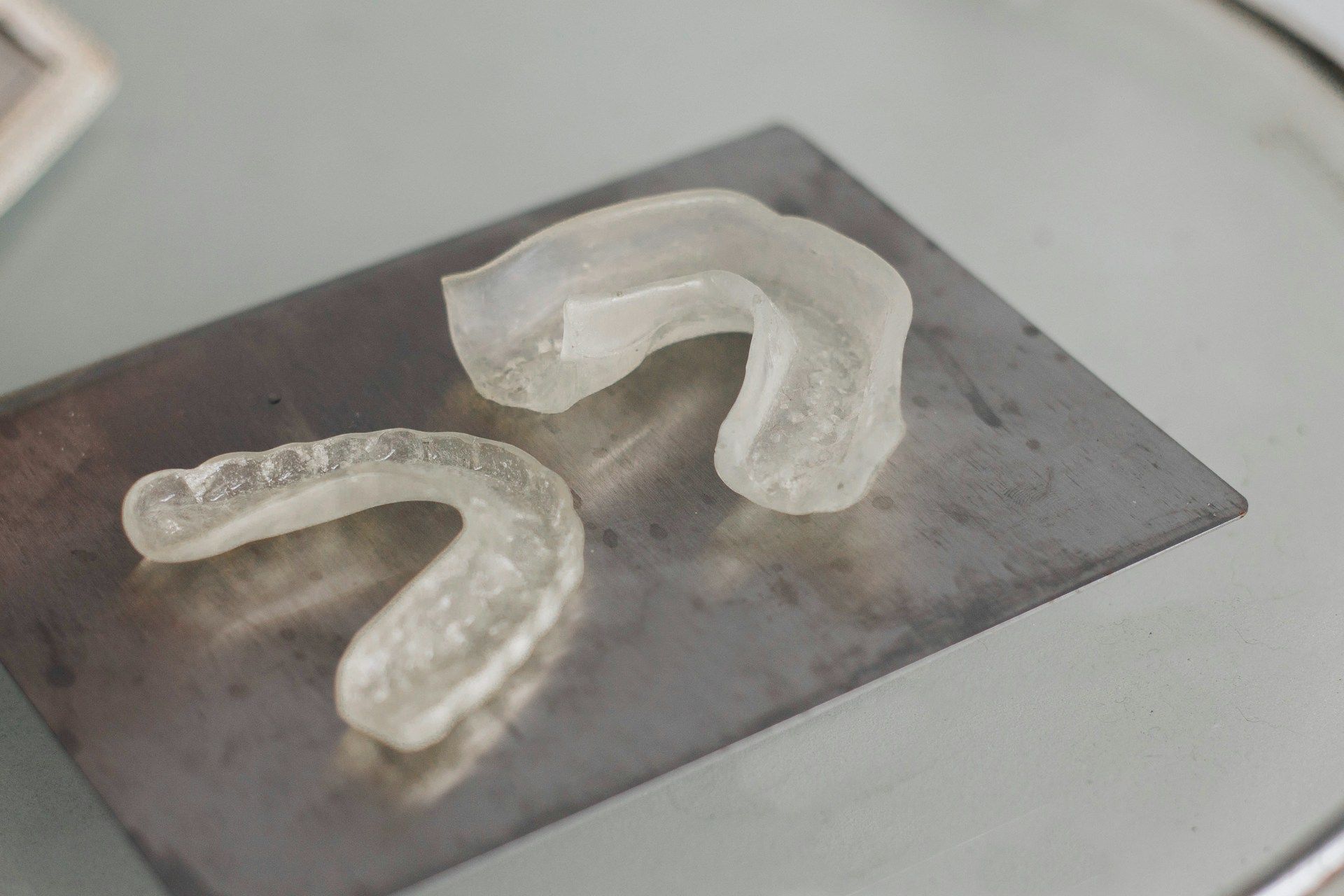We Are Meant to Breathe Through Our Noses

Understanding the complex architecture of our respiratory system clarifies the importance of nasal breathing. Every organ system, including the sinuses, nasal passages, and lungs, is essential to maximizing the quality of the air we breathe.
The basic process of breathing is frequently overlooked in the chaos of our everyday lives. But breathing—more especially, breathing through our noses—can have a significant impact on our general health and wellbeing. Let’s examine the science underlying nasal breathing and the unnoticed advantages of this normal but frequently disregarded procedure.
The Anatomy of Nasal Breathing:
Understanding the complex architecture of our respiratory system clarifies the importance of nasal breathing. Every organ system, including the sinuses, nasal passages, and lungs, is essential to maximizing the quality of the air we breathe.
Filtration and Humidification:
The nose’s built-in filter is one of the main benefits of inhaling via it. Dust, allergens, and dangerous particles are prevented from entering the lungs by the protective layer that is created by nasal hairs and mucus. Furthermore, nasal breathing adds humidity to the air, guaranteeing that it reaches the respiratory system at the proper moisture content.
Inspiration of cold, dry air has direct effects on the respiratory epithelium, such as reduced mucociliary clearance and loss of cilia.
Nitric Oxide and Nasal Breathing:
The relationship between nasal breathing and the generation of nitric oxide, an essential chemical with numerous health advantages, is an interesting one. Learn how nitric oxide released through the nasal passages affects immunological response, blood flow, and cardiovascular health in general.
It is hypothesized that Nasal Breathing could potentially mitigate the severity of Covid19
Respiratory Efficiency:
Nasal breathing promotes diaphragmatic breathing, which is a more effective and oxygen-rich method of breathing than mouth breathing, which is frequently connected to short breaths. Examine how nose breathing affects respiratory function and whether it can help reduce stress.
Cognitive Benefits:
According to research, nasal breathing can enhance cognitive abilities such as memory, judgment, and problem-solving techniques. Nasal breathing enhances cognitive functions and improves brain function by providing a constant flow of oxygen to the brain and balancing the body’s carbon dioxide levels. Nasal breathing also improves attention and concentration by activating the parasympathetic nervous system.
You can achieve increased cerebral blood flow (resulting in many cognitive benefits) through nasal breathing
Nasal Breathing in Physical Exercise:
Your performance whether you’re an athlete or a fitness enthusiast, can be greatly impacted by the way you breathe. Discover the benefits of nasal breathing during physical activity, including increased oxygenation, increased stamina, and enhanced recuperation.
Reconnecting with the natural understanding of nasal breathing offers a comprehensive approach to health while we manage the stresses of contemporary life. The science underlying why humans are designed to breathe via our nostrils is highlighted in this blog, from the complex structure of our respiratory system to the mental and physical advantages. Accepting this inevitable process could be the secret to living a more balanced and healthful existence.
If you have any questions or queries or need any suggestion on making nasal breathing easier for you, give us a call at Phone: 617-328-4050 or simply reach us at info@greatsleepdental.com Let us make your life easier and breathing more impactful!
References
Could nasal nitric oxide help to mitigate the severity of COVID-19?
Clinical Importance of Nasal Air Conditioning: A Review of the Literature











